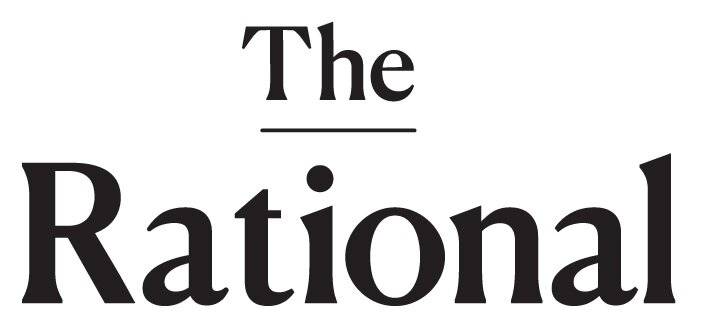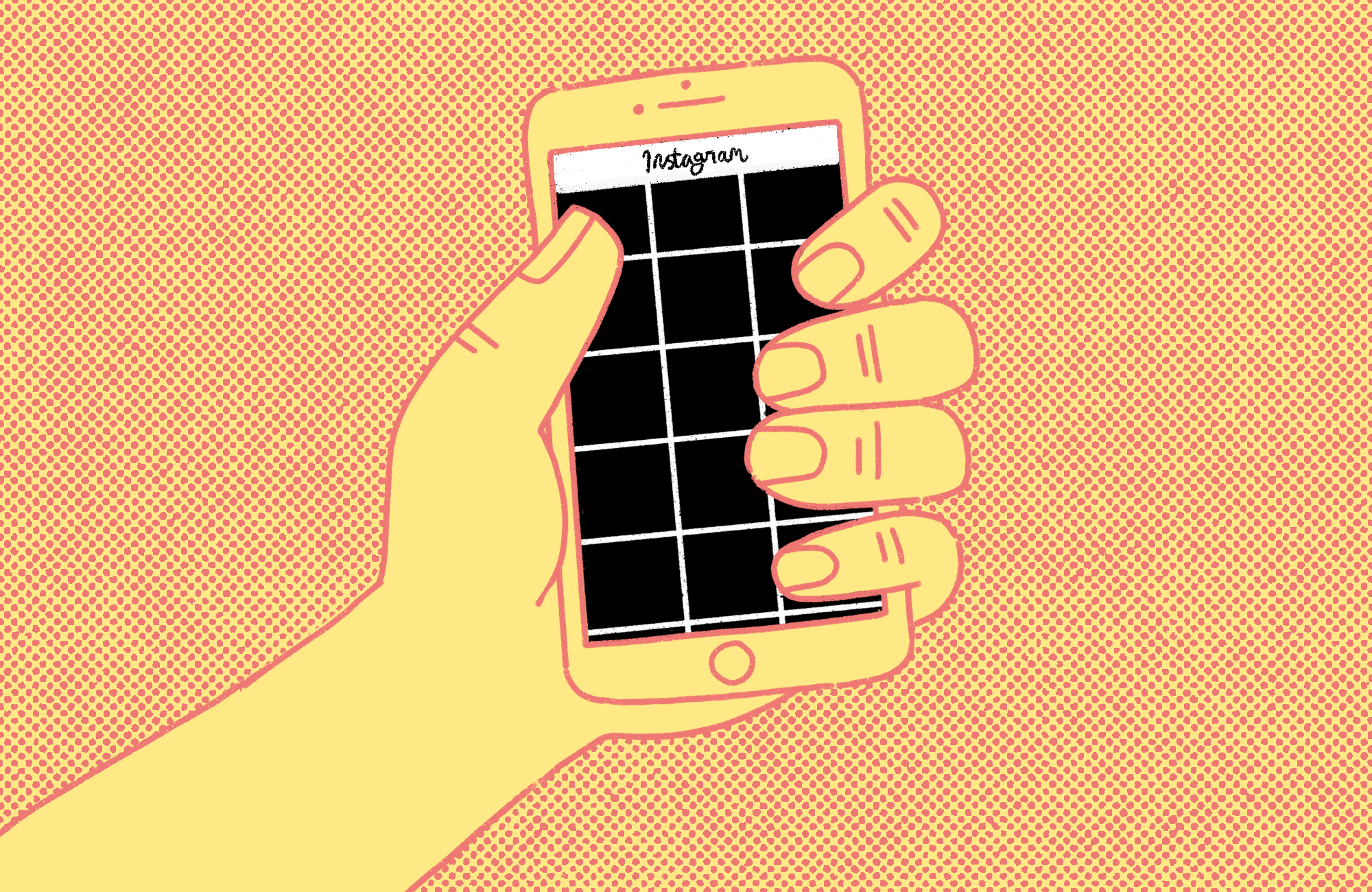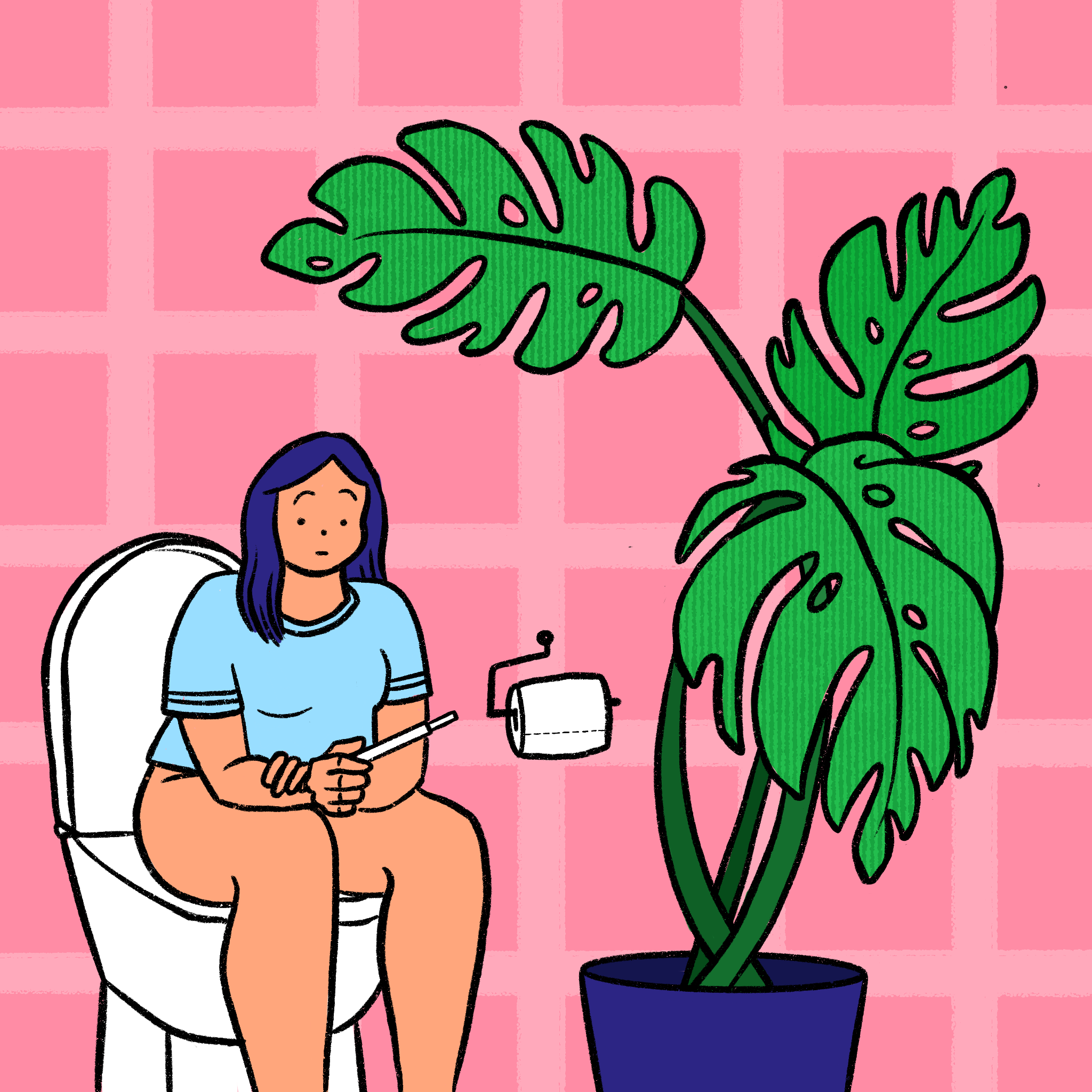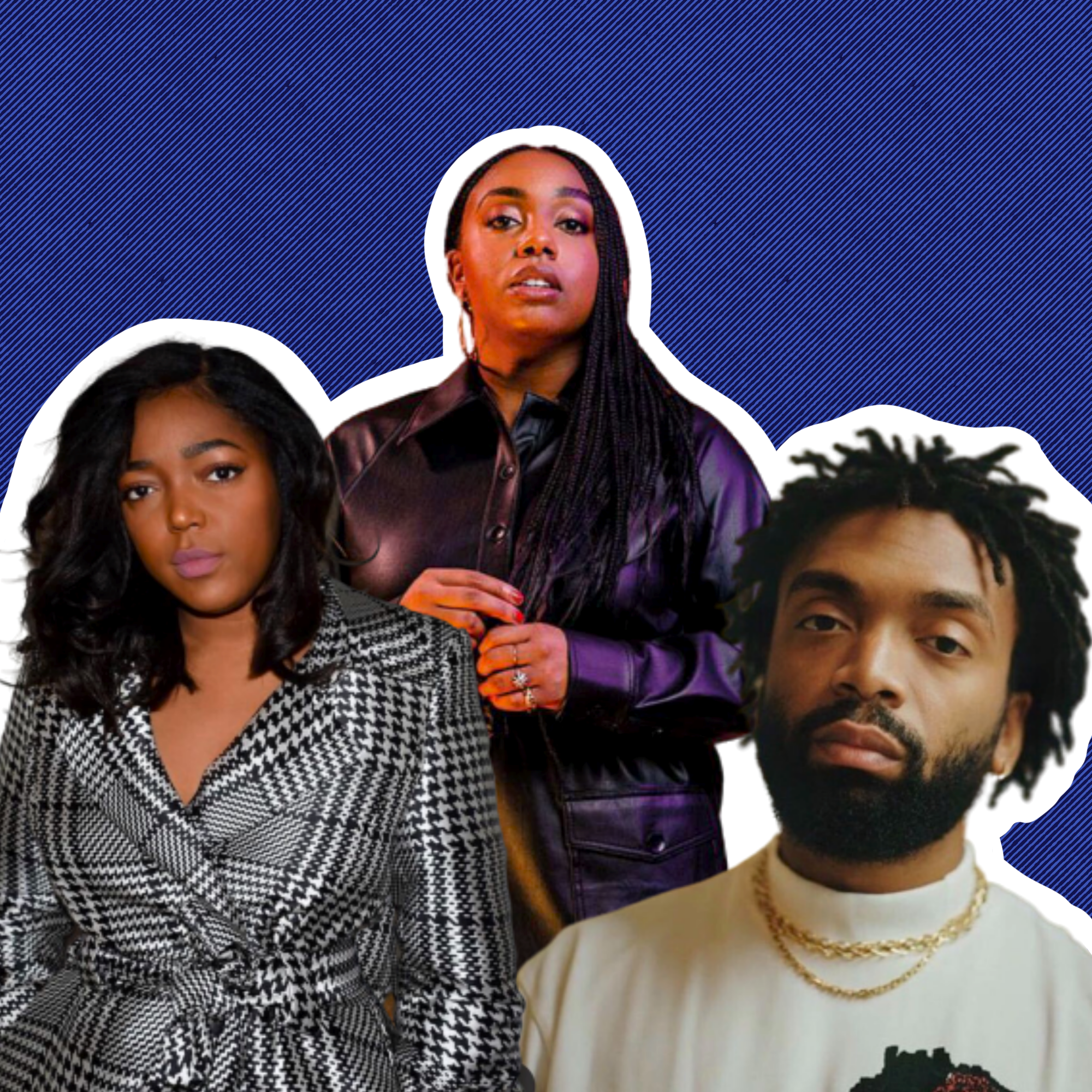Searching for a Good Death
What a year of grieving taught me about dying well.
Illustration by Ally Hart
A year and a half ago, my dad died of cancer. His decline was quick, painful, and agonizing to witness. In the time since, I’ve seen a grief counselor to adjust to this big life change, like many bereaved children do, and readily consumed every book on grief and dying I could get my hands on. But one theme I keep coming back to is the Good Death — something at first inconceivable to someone like me, who just experienced the raw trauma of losing a beloved parent. How can a death, and all the sorrow and fallout that accompanies it, ever be good?
In the times we’re in, when death seems more pervasive than it was just six months ago, it seems like an important question to ask.
Over the course of history, much ink has been spilled on the concept of the Good Death. The ancient thinker Cicero, a man who dealt with immense grief in his own time, once wrote, “The whole life of a philosopher is the meditation of his death.” During the Black Death in the 15th century, attendants to the dying looked to Ars moriendi (“The Art of Dying”) for tips on the end of life. Many great thinkers have grappled with the concept of a dignified death; now, it’s a prominent subject in resources for caretakers and patients in palliative care.
Being catapulted headlong into loss left me feeling like maybe we’ve lost that art of ruminating on our own mortality. There’s no one cultural consensus to look to when coping with death, and sometimes it feels completely removed from the human experience. After all, death is a $15 billion a year industry, so when someone we love passes on, it can often feel hyper medicalized and overly procedural. From a modern standpoint, we’ve traded centuries-old funerary traditions for body bags, formaldehyde, and concrete.
“Many great thinkers have grappled with the concept of a dignified death; now, it’s a prominent subject in resources for caretakers and patients in palliative care.”
So how do we know a good death when we see one?
The short of it is there is no sure answer. What could be a good death for one person may not be for another. And frankly, I still don’t know more about death than the next living person: what it feels like, how long it lasts, or where we go after. I just know that it’s certain and it’s a big deal.
When my father died, he was at home and it was the middle of the night. He hadn’t been there for more than a couple days following a long stint in a hospital cancer ward, and was so doped up I don’t know if he knew where he was. Some 12 hours before his body was carted out by funeral home professionals, my sister’s pastor prayed over him. My father was never much of a religious man, but my family likes to think it may have helped ease the transition from this world to whatever lies ahead.
For many people, an optimal death hits some of those marks: at home, as pain-free as possible, surrounded by family or friends, with great care paid to one’s requests, spirituality, and personal agency. But less than a third of people end up taking their last breath at home, and seventeen percent of people die in the Intensive Care Unit. That latter number is likely ticking up in the ongoing COVID-19 pandemic.
Like in past pandemics, people are dying faster than we can bury them, and due to hospital visitation limits and strict quarantines for the high-risk and elderly, a heartbreaking amount of people are dying alone. Mass shelter-in-place orders are forcing communities around the globe to alter the ways in which they collectively grieve. In a harrowing turn of events, outbreaks are being traced back to funerals mourning people lost to the virus. Now, memorials in some places are limited to 10 people or fewer. Italy banned funerals altogether during the height of the nation’s surge.
“..less than a third of people end up taking their last breath at home, and seventeen percent of people die in the Intensive Care Unit.”
For Farewill, a company based in the United Kingdom that specializes in probate, cremation, and will writing services, novel coronavirus has increased demand threefold. Earlier this year, the company began offering free wills to National Health Service staff in the UK after receiving calls from healthcare workers at twelve times the previous rate. Additionally, more people are using simple cremation services, through which memorials can be held off until better days when more people can come together.
I spoke with Farewill’s Head of Brand and Comms, Jem Elliot, over the phone about the impact of COVID on the company’s operations, as well as its raison d’etre: bringing more humanity into the death industry. The latter seems crucial in these times, when the Good Death narrative is being ruptured by the current public health crisis we’re all experiencing.
“Warming up [end-of-life] is a big part of what we do,” Elliot tells me. “Just making it more human, more approachable, using language that people actually use as opposed to jargon, and getting them to really reflect on what's important to them: what they want to leave, how they want to say goodbye, what they want their funerals to be like.”
—————
This all goes to say that cultural and individual backgrounds help to inform what the Good Death means for each person. In Ireland — a place that retains the Old World rite of communal grieving — families are rethinking the ways they honor the departed amid stay-at-home practices. What would have been an intimate wake at the home of the deceased, followed by a community precession, is now a digital sendoff on Facebook and neighbors saying goodbyes from the safety of their front porches.
In normal times, such cultural rites are as diverse as the global communities that practice them. For the Lugbara people of Uganda and Zaire, for instance, a good death is seen as a universal right, and a bad one opens up survivors to the malcontent of evil spirits. Some Muslims adhere to specific rituals when it comes to preparation and internment of the body, as do certain sects in Judaism and Buddhism. Others in Hindu communities believe that a good death happens on the floor, with family praying and chanting around the decedent. And in the Lakota tribes of North America, whose people refer to the death of a relative as “walking on,” family or friends may cut their hair to signify they’re in a period of bereavement.
“What would have been an intimate wake at the home of the deceased, followed by a community precession, is now a digital sendoff on Facebook and neighbors saying goodbyes from the safety of their front porches.”
“What's a perfect death for me may not be for anyone else,” says Kiley Boynton, a California healthcare worker with experience in hospice care on the topic of individuality in death. “To me personally, it would be at home, surrounded by loved ones, probably they’re all sipping beer and listening to country music. But somebody else may want to be in a hospital, and they may want everything done [to save them] even if it's futile. I think everybody deserves either [choice.]”
In my own studies on grief, I’ve seen that more people are discussing what it is they want before it’s time to go. From end of life doulas to ease the final transition, to death cafes that offer salon-style chats on living and dying, there’s a new wave of resources at our disposal to reassess what it means to die.
Boynton sees this first hand in her work, and credits the movement to pass Right to Die laws in helping lead the discussion.“People can talk about [death] when they’re feeling well as opposed to when they're on their deathbed,” she says.
When I think about my dad, I’m not sure if his death was a good one, but I don’t know if that’s my call to make. What I do know is that we rarely spoke about his death before it was a certainty, and even then, it was the big, somber elephant in the corner of a hospital room.
If I’ve learned anything from my first major foray in death, it’s that dying is not a spectator sport; it’s something that each of us will have to one day actively participate in. So why not prepare for that certainty by normalizing the conversation around the non-negotiable reality of living on this planet?
At Farewill, Elliot sees the plus side to these conversations in the reactions of her customers. “Rather than finding it a morbid, horrible, difficult experience, they find [planning death arrangements] life-affirming, they find it empowering, they find it actually really positive, which is counterintuitive in some ways, but it's totally thoughtful. “
Ultimately, a person has to decide for themselves what constitutes dying well, and that takes brainpower in the beforehand. Some questions to consider: Do you want your family there? What spiritual practices would you want performed? What do you want to happen to the body you leave behind? The Good Death is contingent on the acknowledgement that all of this is only temporary, and while we ought to mentally prepare for that inevitability, we must do the best we can to appreciate the journey while we are on it.
In the time since my dad died, I’ve changed a lot about my life, and a lot of that is in my own search for meaning in relation to death. I’ve quit tobacco, because I don’t want my end to be premature. I’ve started taking on more passion projects, because I don’t want to wonder what if I didn’t. I’ve started to put more energy into loving those around me, because I don’t want to worry that they didn’t know.
Why? My grief counselor put it best: “Living a good life is preparing for a good death.”














